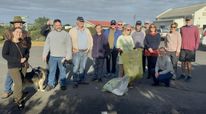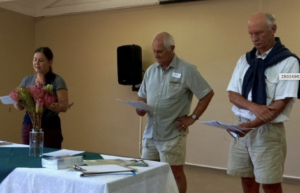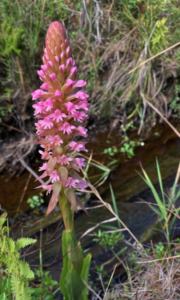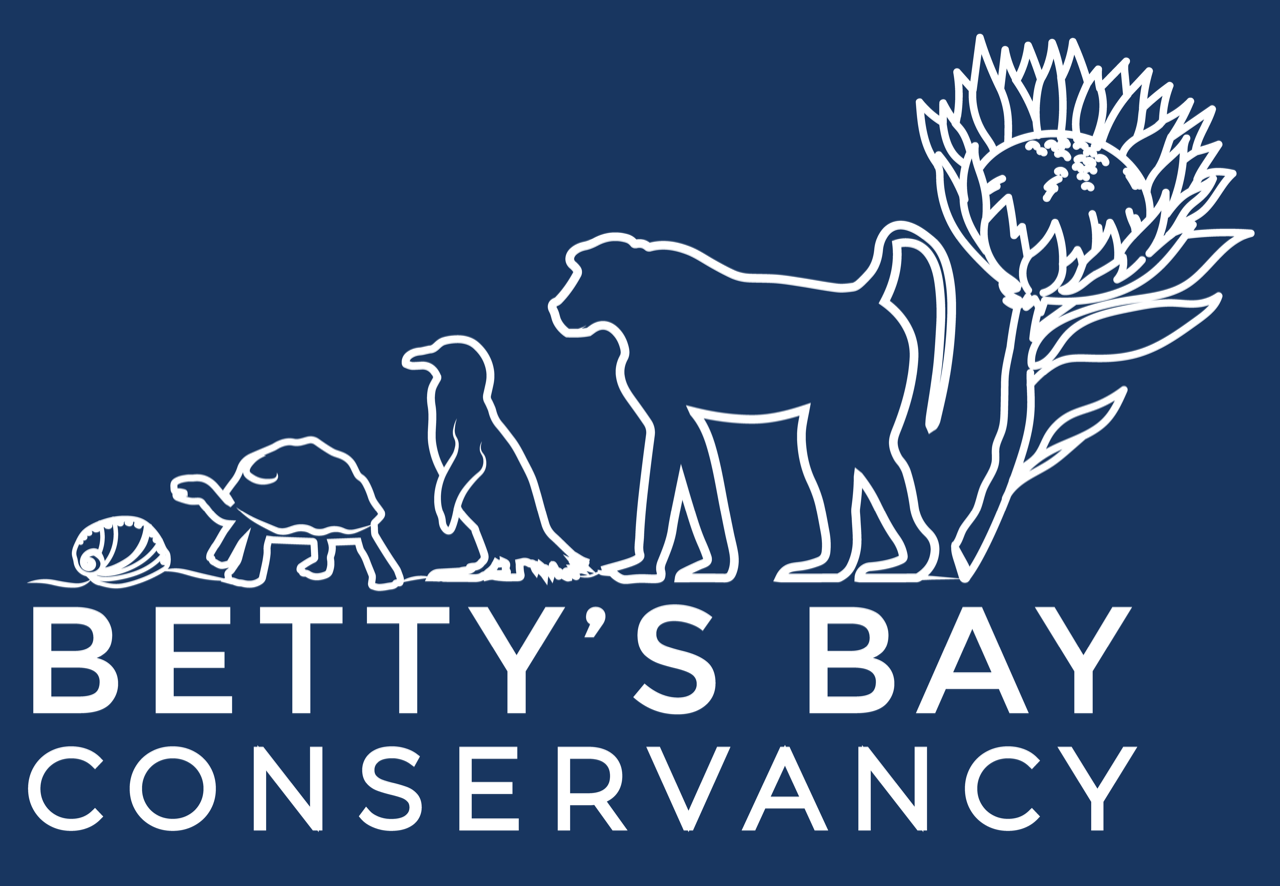NEWS
BBC ACTIVITIES

Are You Wild Fire Ready?
Are You Wild Fire Ready?

BBC April 2024 Update
The City Nature Challenge (CNC) started in 2016 as a competition between Los Angeles and San Francisco, and has grown into an international event, motivating people to find and document wildlife in their own areas.

BBC August 2024 Update
This is the second part of the feedback on the recent BBC event that highlighted ways to reduce what we throw away.

BBC February 2024 Update
On Saturday 3 February the industrious Hackers cut down a large quantity of alien invasive rooikrans in Crassula Crescent. Being close to Stony Point, this was an ideal opportunity for a BBC “Load and Transport” Penguin-Pals project to transport the freshly cut material to the Penguin colony. The staff use this as nesting material for the endangered African Penguins.

BBC January 2024 Update
The BBC initiated “Penguin-Pals” projects to support CapeNature in various aspects of their work at Stony Point.

BBC July 2024 Update
The Stony Point Eco Venue was a great place to host the recent BBC event that highlighted ways to reduce what we throw away. Our overabundance of waste has such a detrimental impact on the ocean
and marine life and being at the penguin colony was a very real reminder of this.

BBC June 2024 Update
Betty’s Bay has the amazing privilege of having the third largest African Penguin colony as neighbours.

BBC March 2024 Update
On 21 February, a group of 10 BBC Penguin-Pal volunteers did a morning of ”drivers” training at Stony Point with Peter from SANCCOB.

BBC May 2024 Update
A huge thank you to the Overstrand Bioblitzing (OB) community who observed, identified and spread the word about the 2024 City Nature Challenge (CNC).

BBC October 2024 Update
The October update focuses on the amazing beauty and biodiversity of the Kogelberg Biosphere.

BBC September 2024 Update
Nature’s season of “winter rest’ is bowing out to the season of “new life springing up” and is displaying fresh growth and beautiful colours.

Betty’s Bay Conservancy’s first clean-up a great success!
Betty’s Bay Conservancy’s first clean-up a great success!

Members Tea and Wetlands Walk
On Saturday 26 March the Betty’s Bay Conservancy (BBC) launched its ‘4th Saturday of the Month’ events programme with a ‘Meet and Greet’ members’ tea at Crassula Hall followed by an ‘Introduction to Wetlands’ walk.
BBC NEWSLETTERS

Newsletter – December 2023
As 2023 draws to a close, this newsletter reports back on how the BBC has been active with interesting talks and field walks, supported the Great Southern Bioblitz, held its second AGM, contributed to KBWild and received its Non-Profit Organization registration.

Newsletter – June 2023
Our new newsletter banner highlights the phrase from Craig Foster’s message to the BBC at its first AGM in 2022. We will be promoting this, giving practical ideas of simple acts that we can all do because, as Craig said, “when lots of people each do small acts every day it makes a big difference”.

Newsletter – December 2022
This is our final newsletter of 2022 informing you of our recent activities. We hope it will encourage you to join in the Betty’s Bay Conservancy (BBC) events next year.

Newsletter – August 2022
The BBC has been busy since our March 2022 newsletter and we have lots to report back on. We hope there will be something of interest to all of you and that it will encourage you to join in future BBC events.

Newsletter – March 2022
This is our second “Quarterly” newsletter, though a bit belated, and we trust that 2022 is settling down to some more sense of normalcy for all of you.
You may be wondering what the Betty’s Bay Conservancy (BBC) has been involved in over the last six months. And what is ahead.

Newsletter – September 2021
This is the first of our quarterly newsletters to keep you informed of events, task teams and activities that the members of the BBC are involved in and can participate in that contribute towards conserving the biodiversity in our unique spot in the Kogelberg Biosphere Reserve
ENVIRONMENTAL NEWS

Approval of proposed developments within (or in) close proximity to watercourses revised
Recently, an application to develop a property in Pringle Bay zoned as Residential 1 caused major upheaval since the erf in question was classified as a “watercourse” based on the National Wetland Map 5 (NWM5).

Overberg Geoscientists Group (OGG) – Harold Porter Gardens and Betty’s Bay Beach Field Trip
(Meeting Point: 14.00 at Harold Porter Gardens Parking area at 2.00pm)

The Endangered Satyrium hallackii Bolus subsp. hallackii
Satyrium is a genus of 91 species of which 88 occur in Africa (41 occur in South Africa) and 3 in Asia. The mountains of the Rift Valley, Drakensberg and the Cape Floristic Region (CFR) are the three main areas of diversity and the CFR has the highest concentration of 32 species1.
